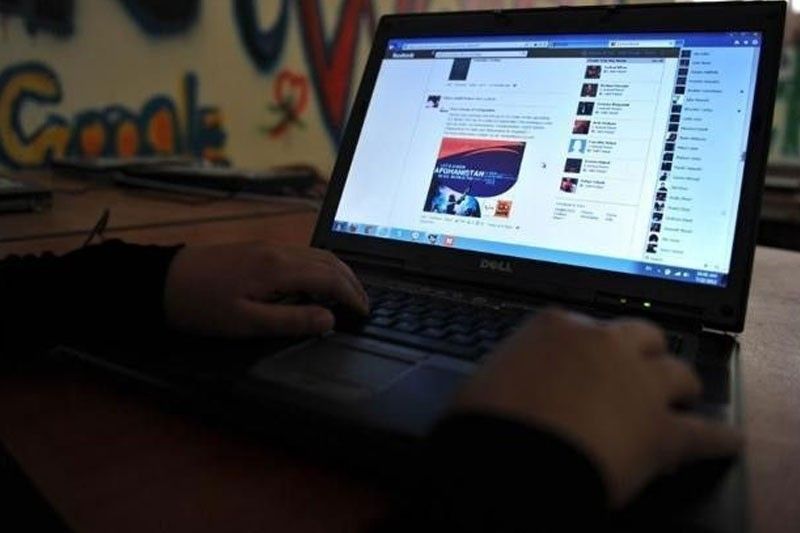Phishing top cybercrime during quarantine

MANILA, Philippines – Online sexual exploitation of children or OSEC is no longer the number one cybercrime violation committed in the country during the coronavirus disease 2019 (COVID-19) pandemic.
Based on information gathered by the Department of Justice-Office of Cybercrime (DOJ-OCC) from March to June, OSEC has been dislodged by other cybercrime offenses, notably phishing, online selling scam and proliferation of information or fake news.
“As of latest count, there are now more in absolute numbers the cases of phishing, online (selling) scams and fake news under the Bayanihan Law compared to OSEC,” Justice Undersecretary Markk Perete said over the weekend.
In May, the DOJ reported that from March 1 to May 24, while the country was under a public state of emergency because of COVID-19, the OCC observed an increase of 264.63 percent or more than 202,605 reported incidents of OSEC compared to the same period in 2019.
Although Justice Secretary Menardo Guevarra did not provide the exact number of the Top 3 cybercrimes, he said its upsurges are to be expected because people become more reliant on the internet for their daily source of information and use it in making transactions.
“It is expected that during these pandemic times, where direct personal interactions are reduced, more crimes will be committed in cyberspace,” he said.
Guevarra said the government’s law enforcement agencies should also improve their capabilities to combat this menace in society considering the more rampant incidents of cyber crime-related offenses. This should include the beefing up of cybercrime units, upgrading of technologies, and enhancing investigative capabilities.
During a webinar done last Wednesday titled “Cybercrime in the Time of Corona: PH Cybercrime Trends During the COVID-19 Pandemic” hosted by the DOJ-OCC, National Bureau of Investigation-Cyber Crimes Division senior agent Francis Señora called COVID-19 a “phishing season” because there is a significant rise of phishing incidents.
Phishing refers to the fraudulent practice of sending email, pretending to be sent by reputable companies in order to extract personal information from individuals such as passwords and credit card numbers.
He said the common fronts of phishing are social media phishing, bank phishing and other email phishing.
“Before the (COVID-19) outbreak we only had around 30 cases but during the start of COVID-19, three weeks into the outbreak, we had an additional 70 cases so that is a jump of more than 200 percent. Why? Because there is a necessity to use computers to do our communication, to do our job. Hence, this became one of the attacks of the current phishers,” Señora explained.
- Latest
- Trending



























